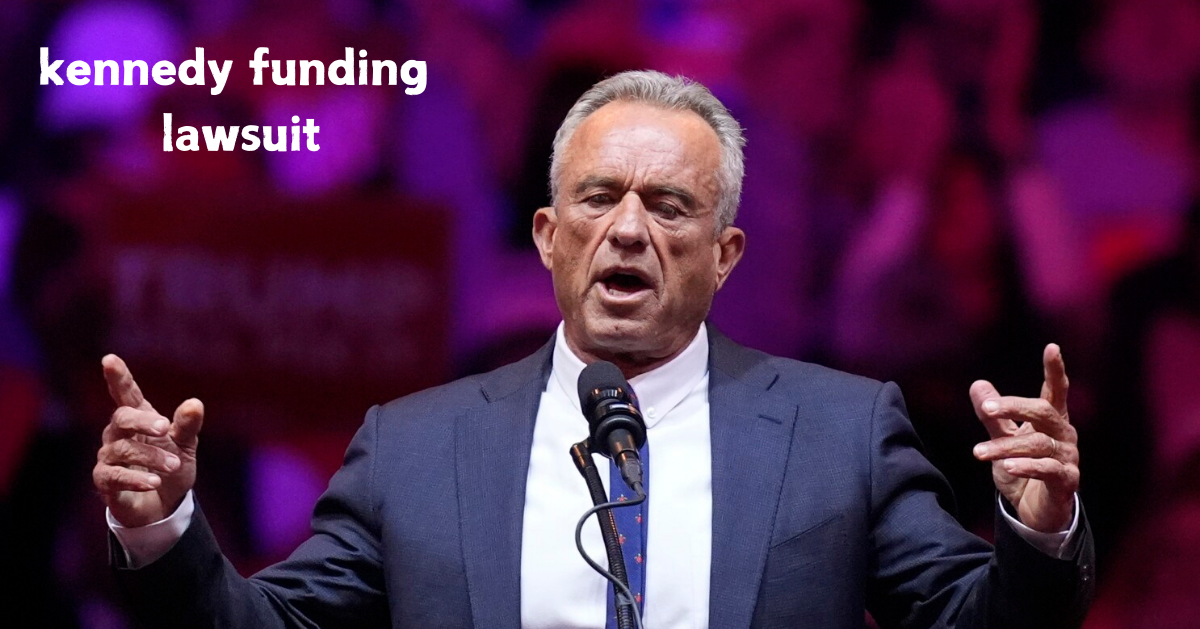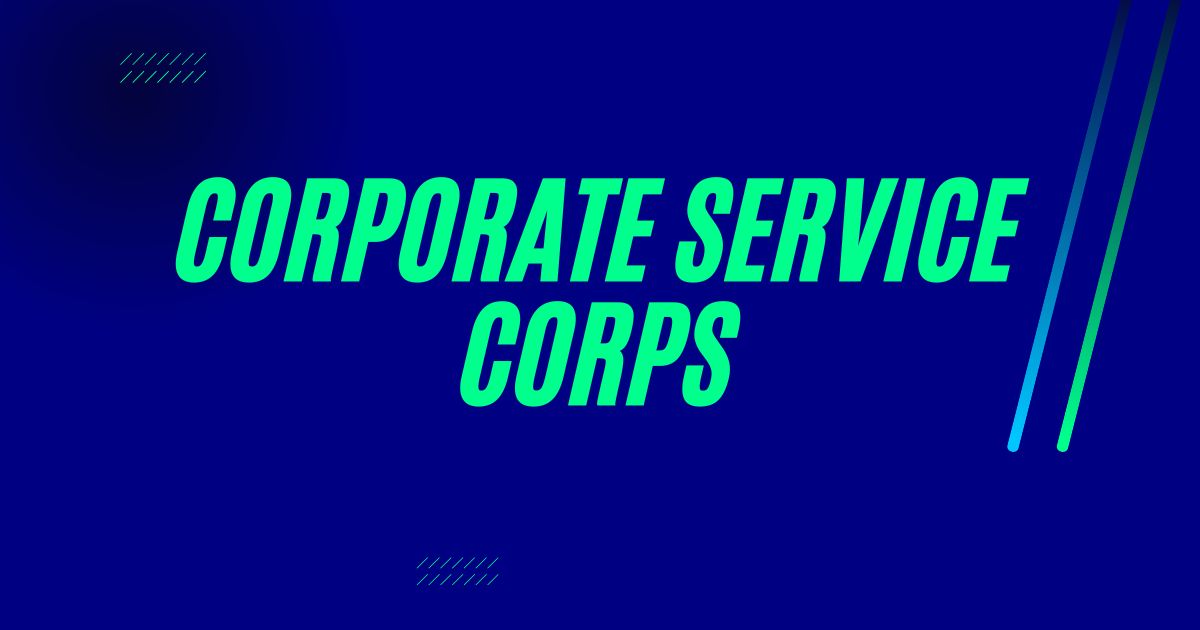Kennedy Funding has been at the center of several lawsuits over the years, drawing attention to its lending practices, borrower disputes, and broader implications for the commercial real estate financing industry. This article explores the details of the Kennedy Funding lawsuit, their context, outcomes, and what they reveal about the financial and legal landscape.
Understanding Kennedy Funding’s Role in Commercial Lending
Kennedy Funding is a well-known private lender specializing in commercial real estate financing, offering bridge loans and hard money loans. Their focus on quick approvals and flexible terms makes them an appealing choice for borrowers unable to secure funding through traditional banks.
However, their unconventional approach has occasionally led to legal disputes, particularly involving loan agreements, repayment terms, and borrower-lender relationships.
The Core of the Kennedy Funding Lawsuits
Most lawsuits against Kennedy Funding revolve around allegations of unfair practices, misrepresentation, or failure to meet agreed terms. Borrowers often claim that the terms of the loans were unclear or that the company acted in bad faith during repayment negotiations.
Allegations of Predatory Lending Practices
A significant aspect of these lawsuits is the accusation of predatory lending. Borrowers allege that Kennedy Funding imposes high-interest rates, excessive fees, and onerous repayment terms that trap borrowers in cycles of debt. Critics argue that these practices exploit borrowers in vulnerable financial positions.
Legal Challenges Surrounding Loan Defaults
Loan defaults are a common trigger for lawsuits involving Kennedy Funding. Borrowers who default on their loans often claim that the company is too quick to initiate foreclosure proceedings, leaving them with limited options for repayment or renegotiation.
Disputes Over Loan Documentation
Several lawsuits have highlighted issues with loan documentation, where borrowers allege that loan terms were ambiguous or misleading. This has raised questions about the transparency of Kennedy Funding’s lending process and the need for clearer agreements.
Borrowers’ Claims of Misrepresentation
Some lawsuits include claims that Kennedy Funding misrepresented key loan details, such as interest rates, fees, or repayment schedules. These allegations underscore the importance of due diligence for borrowers before entering into loan agreements.
The Importance of Legal Counsel in Borrower Disputes
Many borrowers involved in disputes with Kennedy Funding emphasize the critical role of legal counsel. Adequate representation ensures borrowers understand the terms of their agreements and can challenge unfair practices effectively.
Kennedy Funding’s Defense Strategies
Kennedy Funding typically defends itself by asserting that borrowers were fully informed of the loan terms and willingly signed agreements. They also highlight their role in providing financing to businesses that might otherwise have no access to capital.
Court Outcomes and Their Implications
The outcomes of lawsuits involving Kennedy Funding vary widely. In some cases, courts have ruled in favor of borrowers, citing unfair practices or ambiguous agreements. In others, Kennedy Funding has successfully defended its position, reinforcing the enforceability of its loan terms.
Impact on Borrowers and Businesses
For borrowers, these lawsuits often result in financial strain, legal costs, and reputational damage. Businesses reliant on Kennedy Funding’s loans may face disruptions in operations or even foreclosure, depending on the case outcome.
Regulatory Attention on Private Lenders
The controversies surrounding Kennedy Funding have drawn regulatory scrutiny to private lenders. Regulators have begun examining lending practices, focusing on transparency, borrower protection, and the prevention of predatory lending.
Lessons for Borrowers in Commercial Lending
Borrowers can learn several lessons from the Kennedy Funding lawsuits:
Always conduct thorough due diligence before signing loan agreements.
Seek legal advice to ensure clarity on loan terms.
Avoid lenders with a history of disputes or lawsuits.
The Need for Ethical Lending Practices
The lawsuits against Kennedy Funding highlight the importance of ethical lending practices. Lenders must prioritize transparency, fairness, and accountability to foster trust and avoid legal challenges.
Broader Implications for the Lending Industry
These lawsuits have broader implications for the private lending industry, emphasizing the need for better regulation, clearer loan terms, and stronger protections for borrowers.
Conclusion
The Kennedy Funding lawsuits underscore the complexities and risks involved in commercial real estate lending. Borrowers must approach such agreements with caution, ensuring they fully understand the terms and implications. Meanwhile, the lending industry must strive for transparency and ethical practices to rebuild trust and avoid similar controversies.
FAQs
What types of loans does Kennedy Funding offer?
Kennedy Funding specializes in bridge loans and hard money loans, primarily for commercial real estate projects.
Why is Kennedy Funding often involved in lawsuits?
Many lawsuits stem from allegations of predatory lending, unclear loan terms, or disputes over repayment and foreclosure.
How can borrowers avoid disputes with private lenders?
Borrowers should conduct thorough research, seek legal advice, and ensure they fully understand loan agreements before signing.
What lessons can lenders learn from these lawsuits?
Lenders should prioritize transparency, fairness, and ethical practices to avoid disputes and build trust with borrowers.
Are private lenders like Kennedy Funding regulated?
While private lenders are subject to some regulations, the extent of oversight varies by jurisdiction, highlighting the need for stronger borrower protections.















